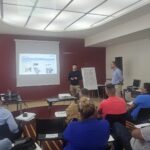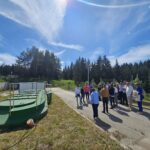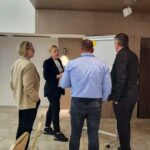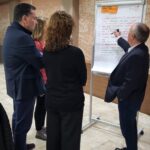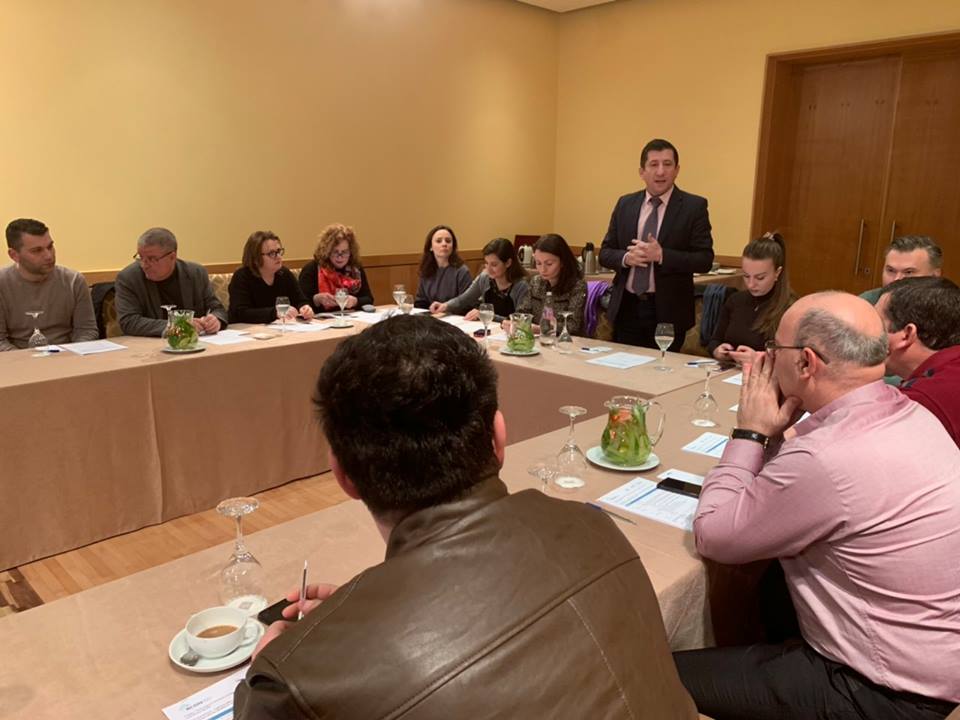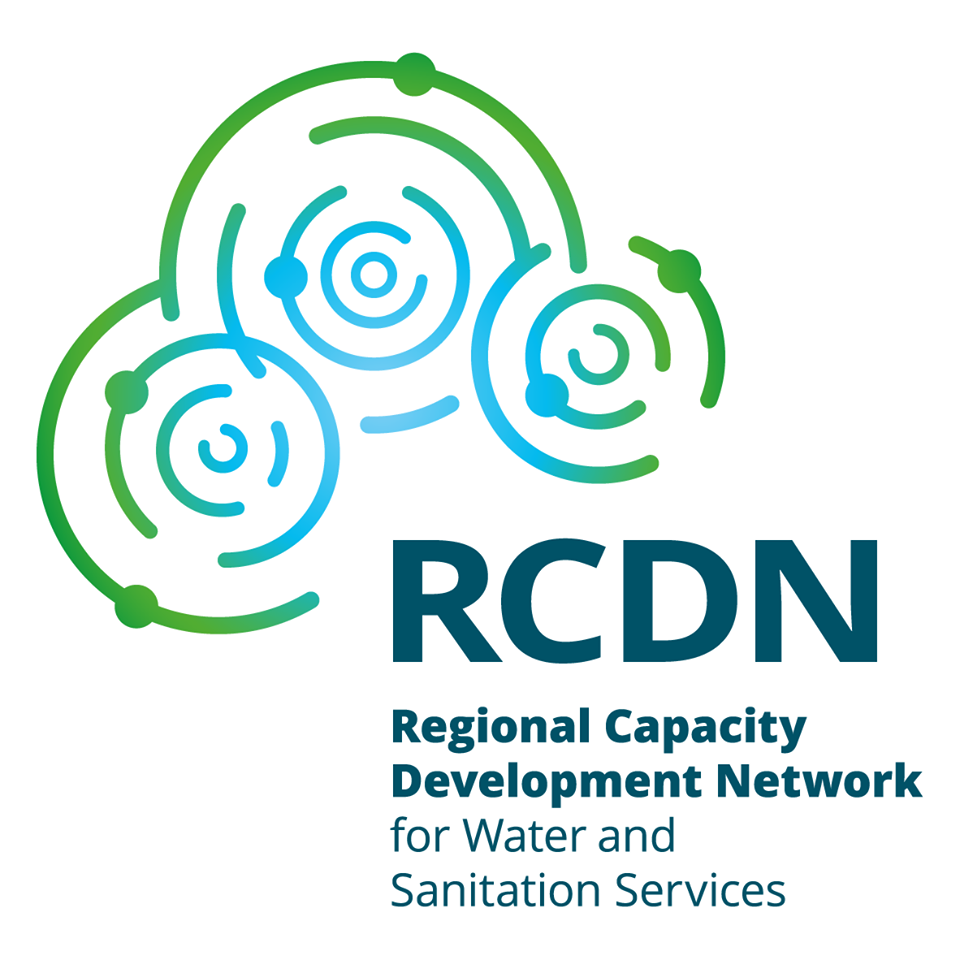Across the Western Balkans, Communities of Practice (CoPs) are emerging as dynamic platforms where wastewater professionals unite to exchange knowledge, address challenges, and co-create solutions. CoPs empower local practitioners to lead change, enhance technical know-how, and drive sustainable improvements in wastewater management.
With national CoPs established in Montenegro, Serbia, North Macedonia and Bosnia and Herzegovina, each country is tailoring the platform to its specific needs while sharing a common vision: elevating the wastewater sector through collaboration and capacity development.
Montenegro: Building Collective Action for Stronger Wastewater Voices
A meeting of the CoP held in Zabjak, brought together dedicated professionals from WWTPs in Berane, Budva, Nikšić, Žabljak, Tivat-Kotor, and Pljevlja, as well as representatives from the Ministry, who expressed support for this important initiative. The event focused on defining the CoP’s work plan for 2025/2026, launching the WW trainers pool and RCDN CD Programme, as well as exploring collaboration opportunities with the Swiss Association VSA. This growing network is not only strengthening the voice of wastewater professionals in Montenegro but is also laying the foundation for lasting peer learning and improved WWTP operations.
Serbia: Advancing Sector Expertise through Strategic CoP Planning
A meeting of the CoP held in Sokobanja, as part of the UTVSI Conference on Wastewater, Solid Waste, and Hazardous Waste, brought together sector professionals and utility representatives to strengthen collaboration and technical exchange. The session focused on developing the CoP’s annual work plan, preparing for the implementation of the Wastewater Capacity Development Programme, and encouraging peer-to-peer learning among operators. By uniting practitioners around shared goals, the CoP in Serbia is fostering a more structured and sustainable approach to capacity development in the wastewater sector.
North Macedonia: Tackling Industrial Wastewater through Joint Knowledge Exchange
A meeting of the CoP held in Skopje brought together WWTP operators and representatives from the State Environmental Inspectorate to address one of the sector’s pressing challenges, uncontrolled inflows of industrial wastewater. The participants explored the types and sources of harmful discharges, their impact on treatment efficiency, and proposed measures for monitoring and control. The exchange also focused on improving communication between regulators and plant operators, as well as reducing treatment costs through proactive influent management. The CoP in North Macedonia continues to foster valuable cross-institutional learning while reinforcing the technical capacities of wastewater practitioners across the country.
Bosnia and Herzegovina: Preparing the Ground for CoP with Sector-Wide Engagement
A fact-finding mission held in May 2025, across multiple cities in Bosnia and Herzegovina, brought together WWTP operators, PUCs, LGUs, and ministry representatives. Visits to several WWTPs enabled a sector-wide dialogue on operational challenges, staff shortages, financial sustainability, and sludge management. The mission identified key thematic areas for the future CoP, including occupational safety, public awareness, and process optimization. With this, Bosnia and Herzegovina is laying the groundwork for a practitioner-led network that will address local needs while drawing on international expertise through continued cooperation with VSA and RCDN.
Why CoPs Matter?
The CoPs developed across the Western Balkans are more than initiatives, they are communities of trust and professional growth. They connect local operators with each other, with their associations, and with policy makers, allowing the sector to speak with one voice. By supporting these national Communities of Practice, RCDN is helping to institutionalize peer learning, build local capacities, and facilitate dialogue between operators, associations, and public institutions.
Stay tuned as CoPs continue to grow and shape the future of wastewater management in the region.


